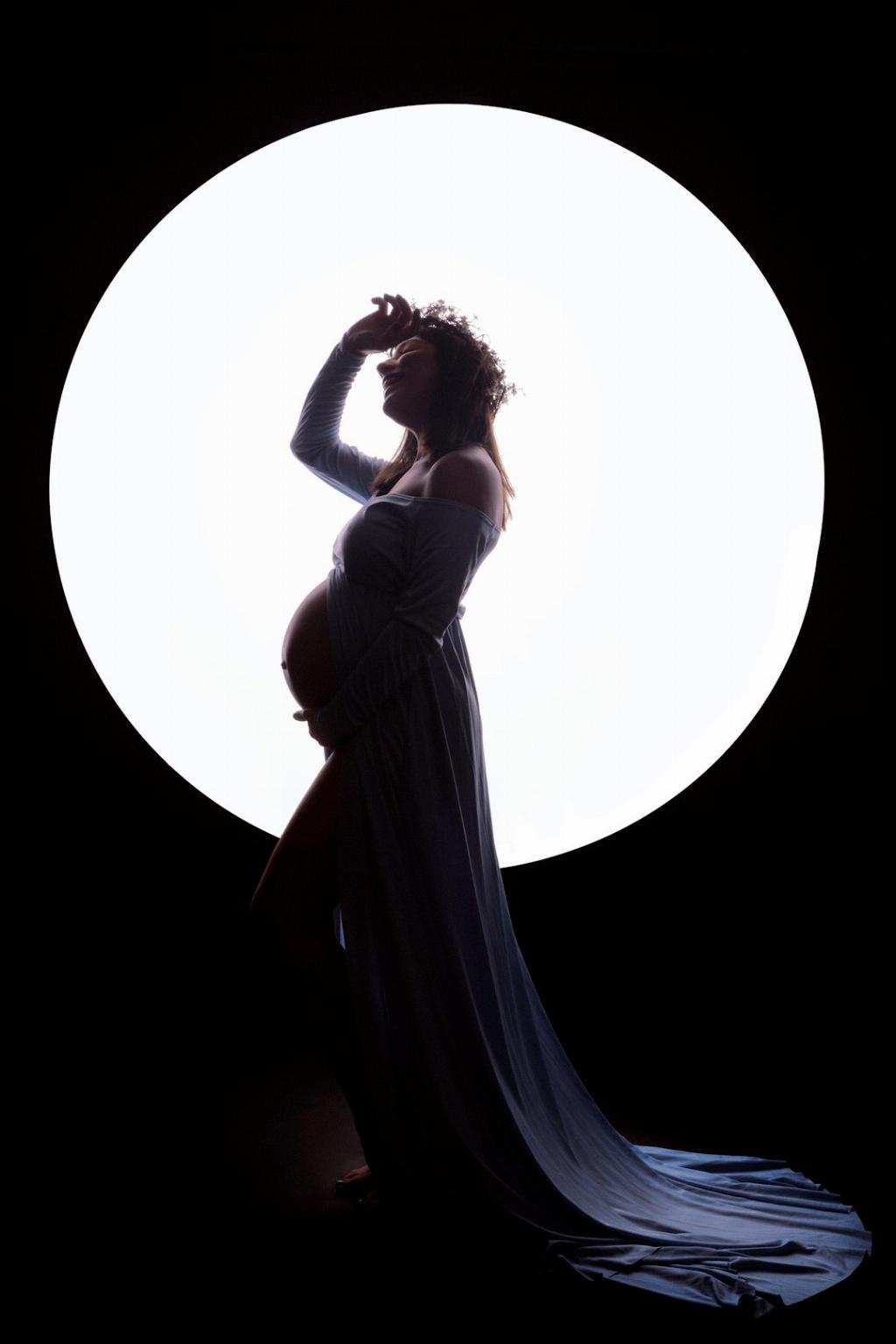When it comes to pregnancy, certain dietary choices that you once enjoyed may need to be reconsidered due to potential risks to both you and your baby. One such food item that often comes into question is smoked salmon. Many people wonder why this delectable fish may no longer be safe for consumption during pregnancy. The primary reason behind this caution is the risk of listeriosis, a serious infection caused by the Listeria bacteria.
Listeria bacteria are particularly concerning during pregnancy as they can cross the placenta and infect the fetus, leading to severe consequences such as miscarriage, stillbirth, premature delivery, or life-threatening infections in the newborn. Given these risks, it is paramount for expectant mothers to steer clear of foods that may harbor this harmful bacterium, including certain types of smoked salmon.
Ready-to-eat cold-smoked or cured fish, such as smoked salmon, have a higher likelihood of being contaminated with Listeria compared to other foods. The smoking and curing processes involved in preparing these delicacies do not eliminate the risk of bacterial contamination, making them a potential hazard for pregnant women. As a safety precaution, health authorities advise pregnant individuals to avoid such foods to reduce the risk of listeriosis.
While not all smoked salmon poses a direct threat, it is challenging to determine which varieties may be contaminated without proper testing. As a result, health experts recommend erring on the side of caution and avoiding smoked salmon altogether during pregnancy to safeguard both maternal and fetal health. The potential consequences of listeriosis outweigh the temporary pleasure of consuming smoked salmon, making it a sacrifice worth making for the well-being of the baby.
Aside from the risk of listeriosis, smoked salmon also contains other potential hazards that could be detrimental during pregnancy. Some types of smoked salmon may have high levels of salt, which can contribute to increased blood pressure and water retention, common concerns during pregnancy. Excessive salt intake can also pose risks such as dehydration and electrolyte imbalances, which are best avoided to maintain a healthy pregnancy.
Furthermore, certain varieties of smoked salmon may contain parasites or other harmful pathogens that could lead to foodborne illnesses. Pregnant women are generally advised to steer clear of raw or undercooked fish due to the potential presence of parasites like tapeworms or bacteria such as Vibrio vulnificus, which can have serious health implications for both the mother and the developing fetus.
It is crucial for expectant mothers to prioritize food safety during pregnancy to minimize potential risks and ensure the optimal health of both themselves and their babies. This includes being mindful of the foods they consume, particularly those that have a higher likelihood of bacterial contamination or other health hazards. While giving up certain foods like smoked salmon may pose a temporary inconvenience, the long-term benefits of a healthy pregnancy far outweigh the momentary pleasure of indulging in risky delicacies.
As challenging as it may be to forgo certain foods during pregnancy, the safety and well-being of the unborn child must always take precedence. By making informed decisions and following dietary guidelines provided by healthcare professionals, expectant mothers can navigate these dietary restrictions with confidence and peace of mind, knowing that they are prioritizing the health of their baby above all else.
In conclusion, avoiding smoked salmon during pregnancy is a precautionary measure aimed at reducing the risk of listeriosis and other potential hazards associated with consuming this delicacy. While it may be disappointing to steer clear of such a beloved food item, the safety and health of the baby take precedence in any maternal dietary choices. By making informed decisions and prioritizing food safety, expectant mothers can navigate the complexities of pregnancy nutrition with confidence and peace of mind, setting the stage for a healthy and successful pregnancy journey.

